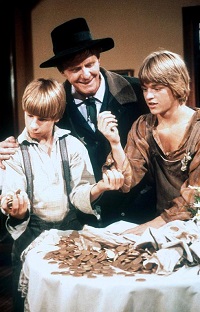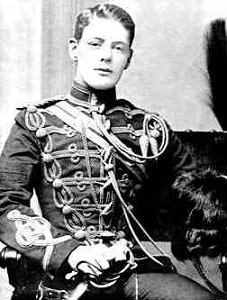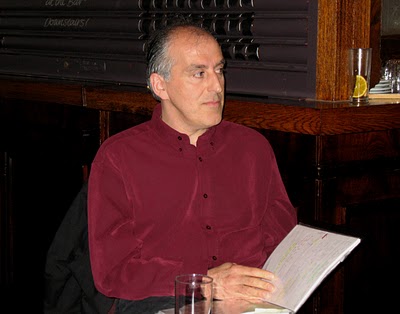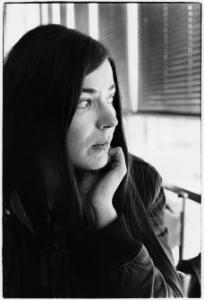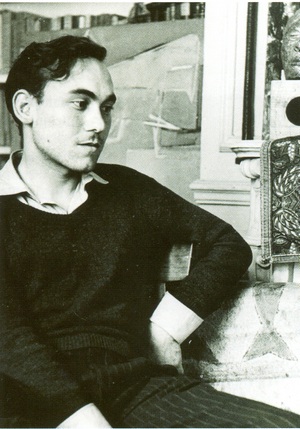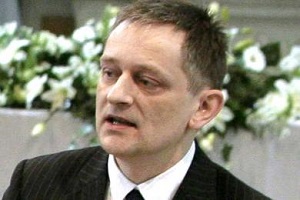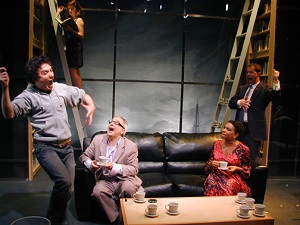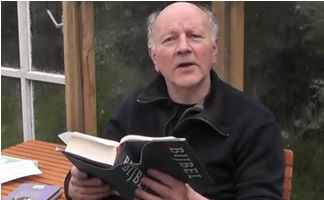De Engelse schrijver David Nicholls werd geboren op 30 november 1966 in Eastleigh, Hampshire. Zie ook alle tags voor David Nicholls op dit blog.
Uit: Starter For Ten
“I want to be able to listen to recording of piano sonatas and know who’s playing. I want to go to classical concerts and know when you’re meant to clap. I want to be able to ‘get’ modern jazz without it all sounding like this terrible mistake, and I want to know who the Velvet Underground are exactly. I want to be fully engaged in the World of Ideas, I want to understand complex economics, and what people see in Bob Dylan. I want to possess radical but humane and well-informed political ideals, and I want to hold passionate but reasoned debates round wooden kitchen tables, saying things like ‘define your terms!’ and ‘your premise is patently specious!’ and then suddenly to discover that the sun’s come up and we’ve been talking all night. I want to use words like ‘eponymous’ and ‘solipsistic’ and ‘utilitarian’ with confidence. I want to learn to appreciate fine wines, and exotic liquers, and fine single malts, and learn how to drink them without turning into a complete div, and to eat strange and exotic foods, plovers’ eggs and lobster thermidor, things that sound barely edible, or that I can’t pronounce…Most of all I want to read books; books thick as brick, leather-bound books with incredibly thin paper and those purple ribbons to mark where you left off; cheap, dusty, second-hand books of collected verse, incredibly expensive, imported books of incomprehensible essays from foreign universities.”
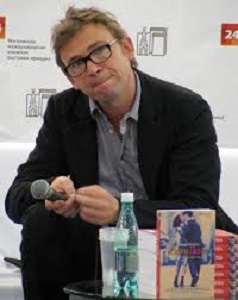
David Nicholls (Hampshire, 30 november 1966)

